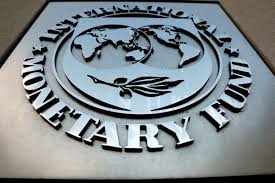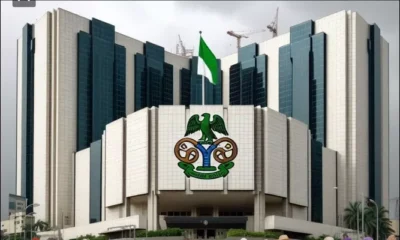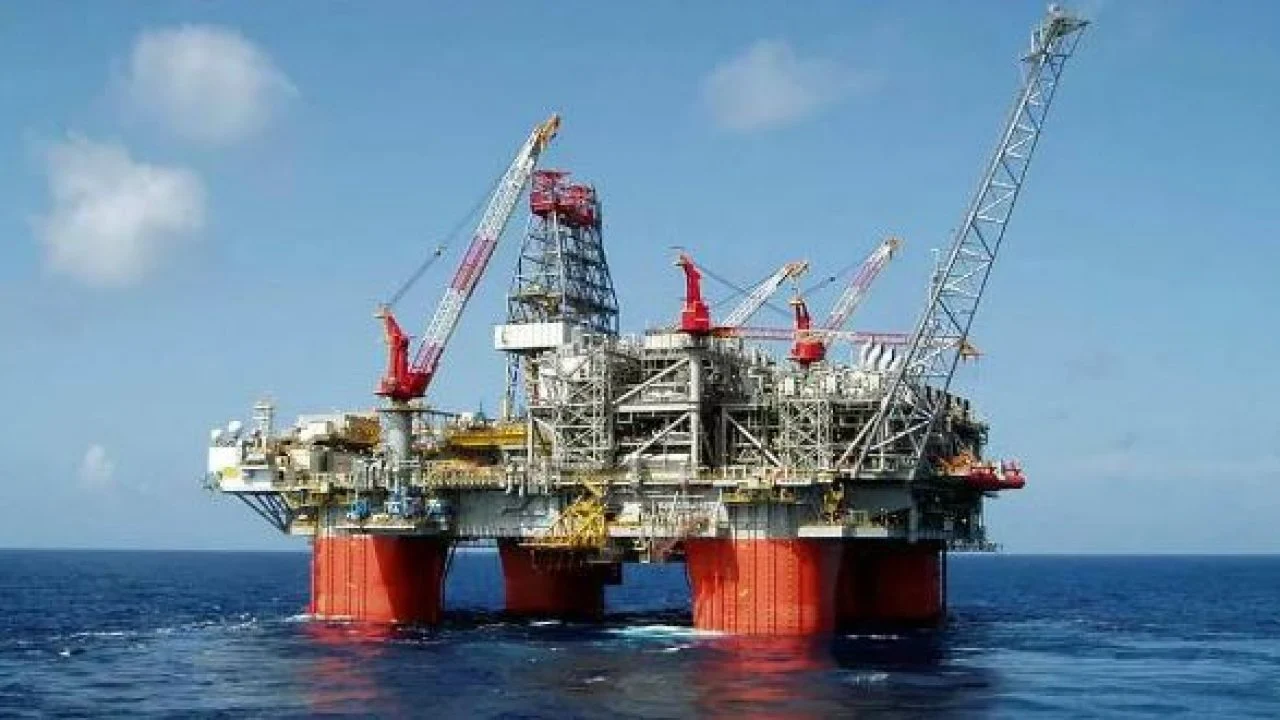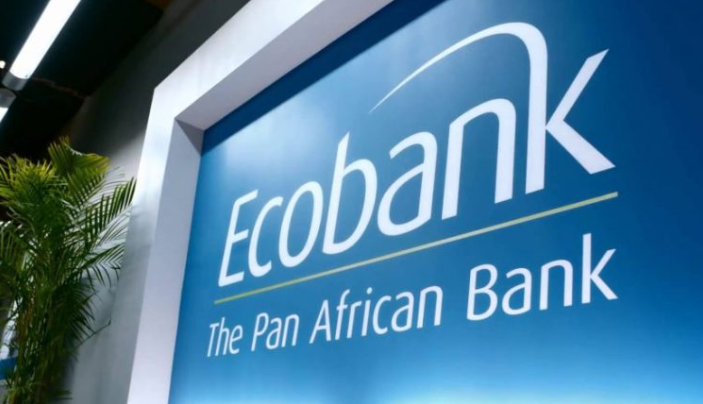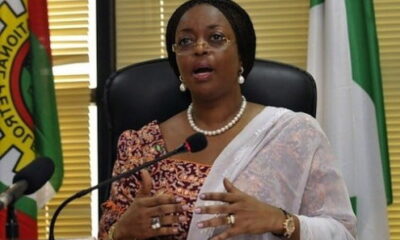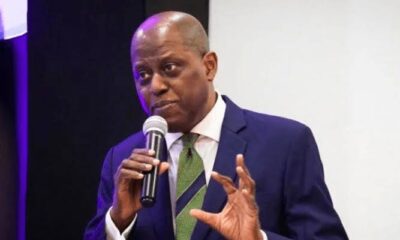Nigeria’s domestic borrowing has increased by 134% to N52 trillion.
This is as revealed by Nigeria’s Director-General of the Debt Management Office (DMO), Patience Oniha. She stated that the country’s total domestic debt stock may rise by 133.95 per cent to N51.96tn by the end of 2023.
Oniha dropped the hint during talks to create the African Debt Managers Initiative Network led by the African Development Institute of the African Development Bank in Abuja. She told CNBC Africa that the Nigerian government had raised N7.04 trillion in total new domestic borrowing in 2023.
Oniha said, “I am happy to say that in 2023, the new domestic borrowing was N7.04tn, and as we speak that has been raised in full. So, I don’t need to explain how we raised it, but it has been raised. When you compare it to the N3.5tn of last year. It tells you that the market has debt for us to raise money.”
The DMO revealed that the country’s total public debt rose to 46.25 trillion naira ($103.1 billion) in 2022. The rise was from 39.56 trillion naira in the year 2021, as the government ramped up borrowing to fund its budget deficit.
Regarding the composition of debt, Oniha pointed out that a number of the investors in the securities were growing institutions such as banks, insurance companies, pension funds, fund managers, and asset managers.
She stated, “We still had an auction this week. Subscription levels have been good, and the rates have been very responsible below the monetary policy rate, so it just tells you that there is liquidity.”
She declared that the government expected its outing in the domestic market to continue in 2024.
The DMO DG mentioned that high borrowing rates had been caused by high rates of inflation, when questioned about the foreign market.
She highlighted, “There is still uncertainty around the world from the Russia-Ukraine war. So foreign investors are a bit more cautious. Let’s use the word, risk-averse and they are investing in those securities that are triple A or double A rating that are offering them high rates, four per cent, five per cent.”
Nigeria’s public finance is currently affected by dwindling oil prices, industrial-scale crude oil theft, and the increasing burden of debt service.





